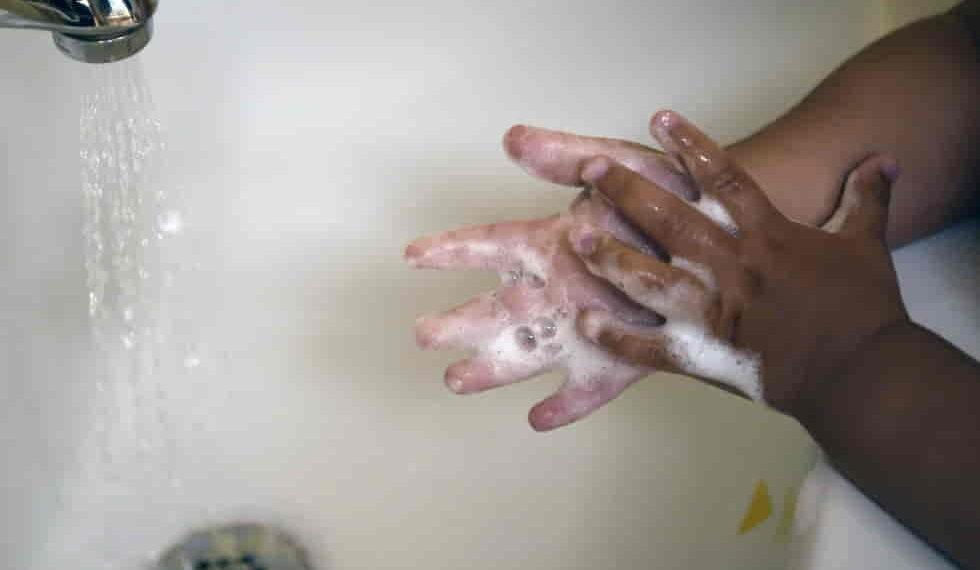How to Protect Yourself from Norovirus, COVID-19, Flu, and RSV During the Winter Surge
Winter brings not only cold weather but also a surge in illnesses like flu, COVID-19, norovirus, and RSV. While complete immunity might be impossible, understanding these illnesses and taking precautions can significantly reduce your risk of falling sick.
Why Do Illnesses Surge in Winter?
Winter months see a rise in viral infections for two main reasons:
- Indoor Crowding: Spending more time indoors increases exposure to germs.
- Cold, Dry Air: These conditions weaken the body’s natural defenses, making it easier for viruses to spread.
Symptoms: How to Differentiate Common Winter Illnesses
It can be difficult to tell these illnesses apart due to overlapping symptoms, but here’s a breakdown:
- Norovirus: Causes vomiting, diarrhea, nausea, and stomach pain lasting 1–3 days. Spread through food, water, or contaminated surfaces.
- Common Cold: Includes runny nose, congestion, cough, sneezing, sore throat, headaches, and body aches. Lasts less than a week.
- Flu: Symptoms such as fever, chills, cough, sore throat, and body aches come on quickly and may last 3–14 days.
- COVID-19: Can cause fever, chills, cough, shortness of breath, fatigue, loss of taste or smell, and body aches. Symptoms vary in severity.
- RSV (Respiratory Syncytial Virus): Leads to congestion, coughing, sneezing, wheezing, fever, and appetite loss, lasting 1–2 weeks.
Tips to Protect Yourself from Winter Viruses
1. Prioritize Hand Hygiene
- Wash hands thoroughly with soap and water for at least 20 seconds.
- Use hand sanitizer with at least 60% alcohol if soap and water are unavailable (except for norovirus, where soap is crucial).
2. Clean and Disinfect Surfaces
- For norovirus: Use chlorine bleach solutions or EPA-approved disinfectants.
- For colds and flu: Clean frequently-touched surfaces like doorknobs, light switches, and phones with soap-based cleaning products followed by a sanitizer.
- COVID-19 risk from surfaces is low, but regular cleaning helps maintain hygiene.
3. Avoid Touching Your Face
- Viruses on your hands can enter your body through your eyes, nose, or mouth.
4. Cover Your Mouth and Nose
- Use a tissue or your elbow when coughing or sneezing.
- Wash your hands immediately after.
5. Consider Masking in Crowded Areas
- Wearing an N95 or medical-grade mask can reduce exposure to respiratory viruses.
6. Get Vaccinated
- Flu Vaccine: Recommended annually for everyone 6 months and older.
- COVID-19 Vaccine: Stay up-to-date with the latest booster.
- RSV Vaccine: Available for individuals 60+ and pregnant people.
- No Vaccine for Norovirus or Common Cold: Rely on hygiene and preventive measures.
7. Support Your Immune System
- Rest and get plenty of sleep.
- Stay hydrated and manage stress.
What to Do If You Get Sick
Stay Home
- Avoid spreading illness to others.
Seek Diagnosis
- Test for COVID-19 or flu to determine if antiviral treatments like Paxlovid (for COVID-19) or Tamiflu (for flu) are needed.
Manage Symptoms
- For flu, cold, or COVID-19: Rest, drink fluids, and use over-the-counter medications for fever or aches. Humidifiers can ease congestion.
- For norovirus: Rehydrate with water or electrolyte-rich fluids. Seek medical attention if dehydration symptoms (dry mouth, reduced urination, dizziness) appear.
Final Thoughts
While the winter surge of illnesses may feel inevitable, simple habits like handwashing, vaccination, and maintaining a strong immune system can make a significant difference. Be proactive and protect yourself and others this season!
This article was rewritten by JournosNews.com based on verified reporting from trusted sources. The content has been independently reviewed, fact-checked, and edited for accuracy, neutrality, tone, and global readability in accordance with Google News and AdSense standards.
All opinions, quotes, or statements from contributors, experts, or sourced organizations do not necessarily reflect the views of JournosNews.com. JournosNews.com maintains full editorial independence from any external funders, sponsors, or organizations.
Stay informed with JournosNews.com — your trusted source for verified global reporting and in-depth analysis. Follow us on Google News, BlueSky, and X for real-time updates.














